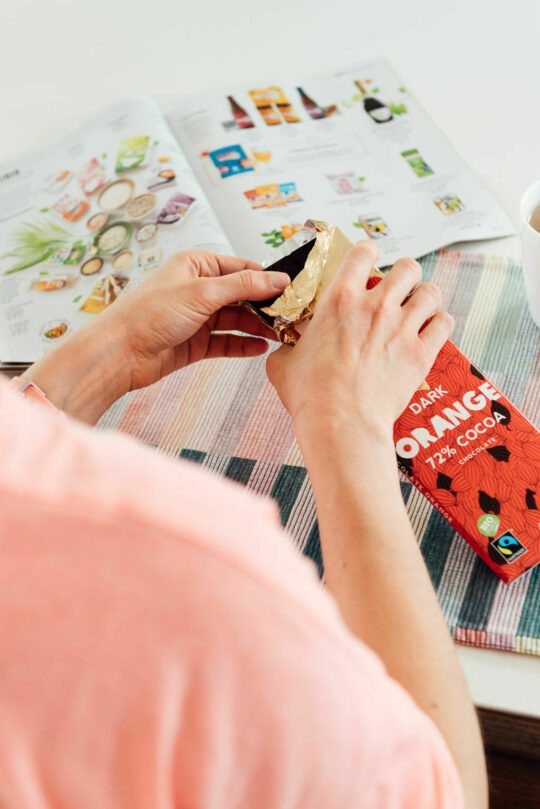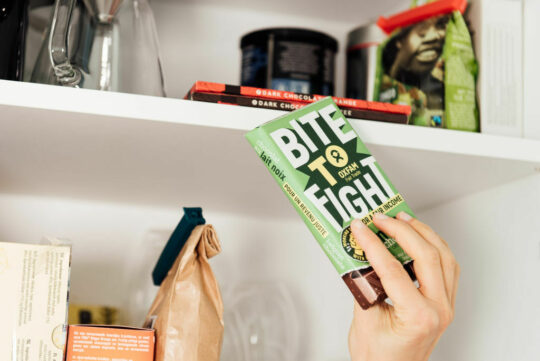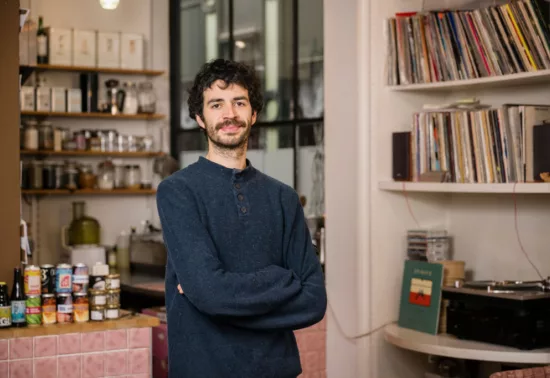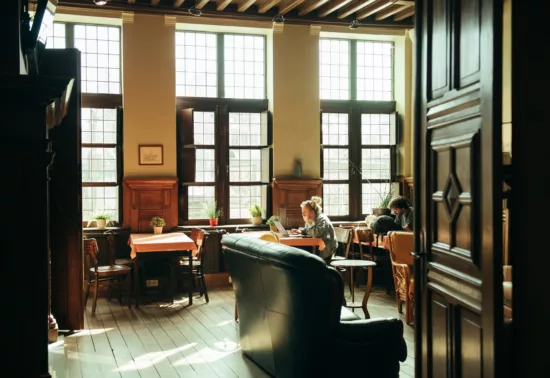We are true chocolate lovers! About 700 000 tons of chocolate are produced in our country every year. That's why it doesn’t come as a surprise that the world’s largest chocolate factory is located in Belgium and that the Chocolate Salon takes place annually in Brussels, with over 100 participants. We get a good feeling when eating chocolate, just because we like chocolate and we can enjoy it. It is clear that we enjoy chocolate to the fullest, but not everyone can enjoy it with us.





